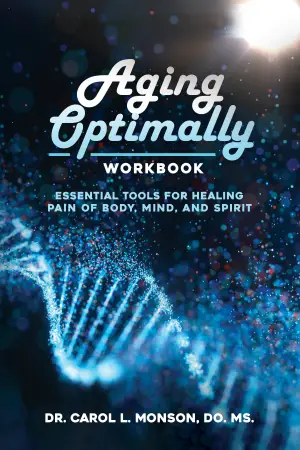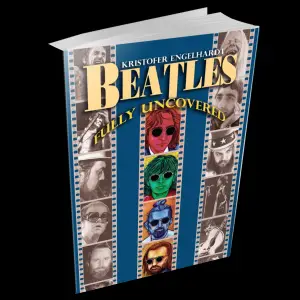Unraveling the Threads of Existence: A Review of Soul Machine by Jordana Globerman
From the moment I laid my eyes on the cover of Soul Machine, I felt a magnetic pull—a beckoning to explore something emotionally profound yet visually striking. Jordana Globerman’s debut graphic novel intrigued me not just with its contemporary take on spiritual themes but also with its promise of exploring the very essence of what makes us human. Little did I know, I was in for a philosophical journey that would linger long after I turned the final page.
At its heart, Soul Machine unfolds the lives of Chloe and her sister Lacey, who craft souls from a mystical substance called breth in their tranquil countryside home. As they navigate the encroaching storm of corporate greed represented by MCorp and their synthetic Digibreth, Chloe’s quest for new sources plunges her into a world filled with ruthless capitalism, underground spiritualists, and revelations about her lineage. The novel is an exploration of poignant questions: What makes a soul real—material, intention, or belief?
Globerman’s writing dances between philosophical profundity and the raw emotion of sisterhood. The relationship dynamics are lived in a beautifully tangible way—the tension between tradition and progress feels like a heartbeat throughout the narrative. Chloe’s evolution from naive idealism to profound empathy, contrasted with Lacey’s grounded steadfastness tinged with fear, resonates deeply. It’s refreshing to see characters so realistically flawed, yet striving for connection.
The artwork is nothing short of breathtaking. The panels breathe with a life of their own; monochromatic hues ebb and flow to convey emotions, setting the mood without requiring a single word. I was captivated by the way each scene—from giant insects lurking ominously to serene breth-laden fields—was rendered with both restraint and surreal majesty. Globerman uses these visuals as a canvas to evoke feelings that exceed dialogue. This is art that dialogues with the soul itself.
The metaphysical themes within Soul Machine take center stage and refuse to leave your mind. The inquiry into whether consciousness can be mass-produced struck me as a compelling metaphor for our own lives, where authentic connections often give way to superficial interactions. The line, “Neither of you care about souls…just your own ideologies,” cut to the quick of many contemporary discussions around spirituality and self-interest. This isn’t merely a narrative; it’s a philosophical tapestry inviting readers to question their own beliefs.
While I found the lore of soul-weaving to be more poetic than practical, this haziness serves a higher purpose. It encourages an openness to interpretation, urging readers to focus on resonance rather than rigid definitions or rules. The emotional highs and lows carry a rhythm that feels almost musical, mirroring your own reflections about belonging and identity.
Final Thoughts: Soul Machine is an exquisite, soul-stirring experience that not only entertains but provokes essential contemplation. This is for those who cherish artistic metaphor over exposition, who are ready to embrace tenderness amidst life’s chaos. I walked away from this book feeling as if I’d tapped into something deeply resonant—an experience I didn’t just read, but rather one I felt.
If you love philosophical YA graphic novels that grapple with spirituality, corporate dystopia, and the bonds of sisterhood, Soul Machine is a must-read. For those who prefer straightforward fantasy systems, it might feel a tad abstract. Ultimately, this novel is for those willing to carry its ethereal questions forward into their own lives—much like Chloe, who learns that some of life’s greatest stories aren’t meant to be solved but embraced.
Discover more about Soul Machine on GoodReads >>






